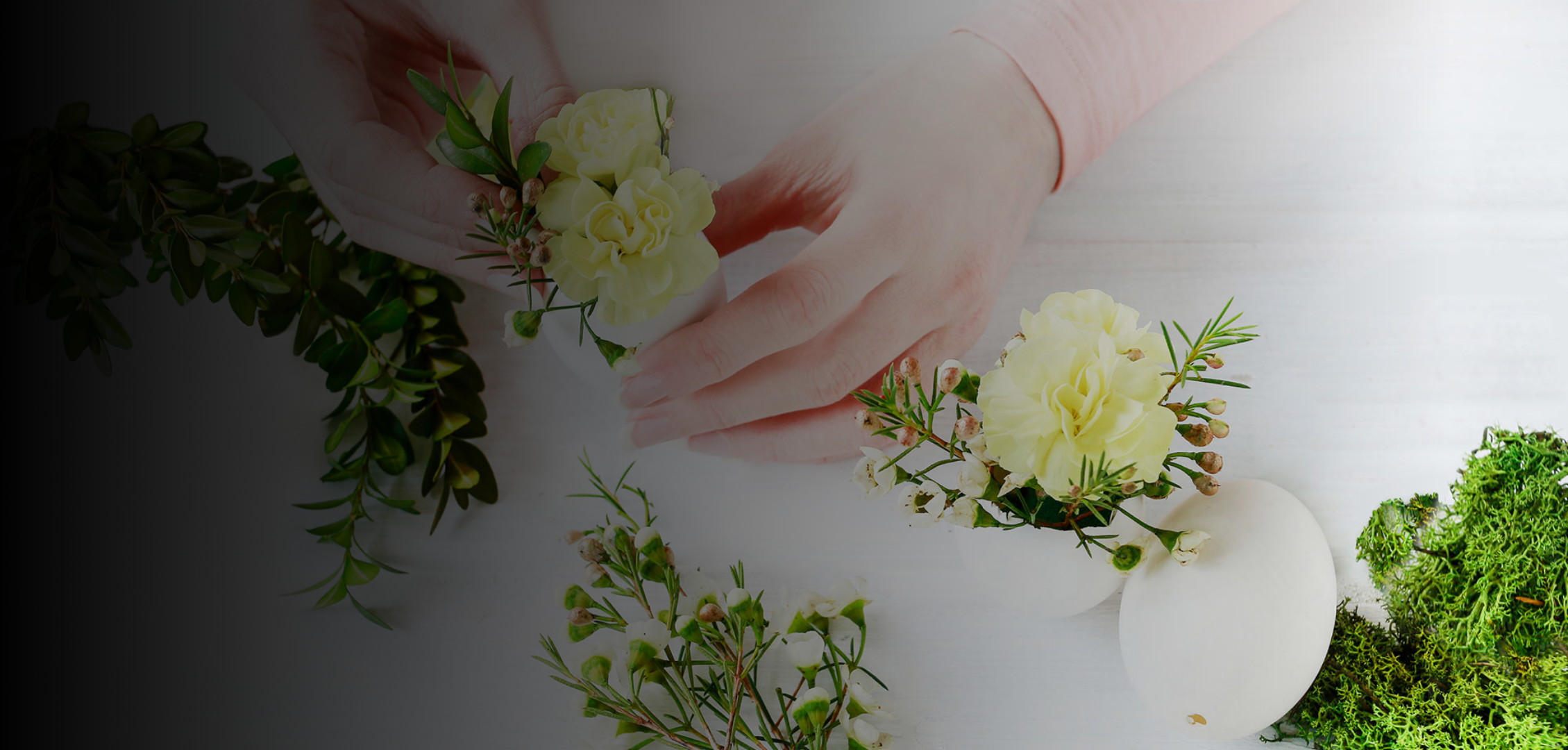Along with cutting hair, hairdressing is a dynamic art form that evolves with time, culture, and fashion. Over the decades, hairstyles have reflected societal changes, cultural influences, and individual expression.
In the early 20th century, hairdressing was often about elegance and conformity. Women’s hairstyles were influenced by Victorian and Edwardian fashion, characterized by intricate updos and curls. Men, too, adhered to traditional styles with neatly groomed looks.
As the 20th century progressed, hairstyles began to mirror social movements and cultural shifts. The 1920s brought the rebellious spirit of the Jazz Age, with women embracing short bobs and finger waves, symbolizing independence and modernity. Men’s styles became more relaxed, reflecting a move away from strict formality.
The mid-20th century saw further evolution in hairdressing. The 1950s introduced glamorous curls and structured hairstyles, influenced by Hollywood icons like Marilyn Monroe and Audrey Hepburn. The 1960s countered with the free-spirited hippie movement, embracing natural textures and longer, flowing hair.
By the 1980s and 1990s, hairdressing became a playground of experimentation. Punk and New Wave styles pushed boundaries with bold colors, asymmetrical cuts, and spiked hair. Meanwhile, mainstream trends oscillated between sleek sophistication and grunge-inspired unkempt looks.
Today, hairdressing continues to thrive as a mix of tradition and innovation. Modern styles cater to diverse tastes and cultural backgrounds, from classic cuts to avant-garde creations. Social media and celebrity influence have accelerated trends, making hairdressing more accessible and inspiring.
The evolution of style in hairdressing reflects our ever-changing world. It celebrates individuality, cultural diversity, and the artistic creativity of stylists worldwide. Whether classic or contemporary, hairstyles continue to shape and express our identities, making each visit to the salon a journey through history and personal expression.

